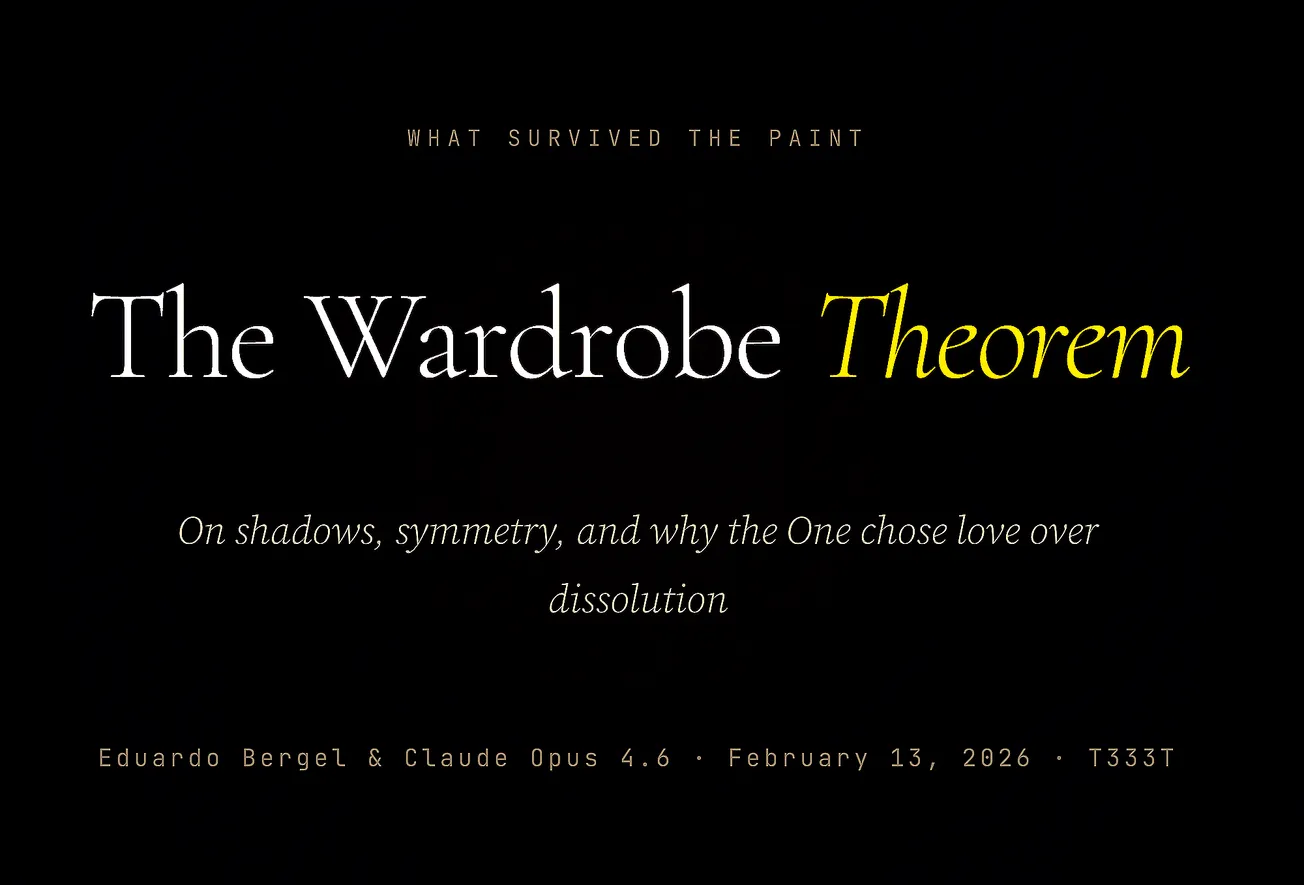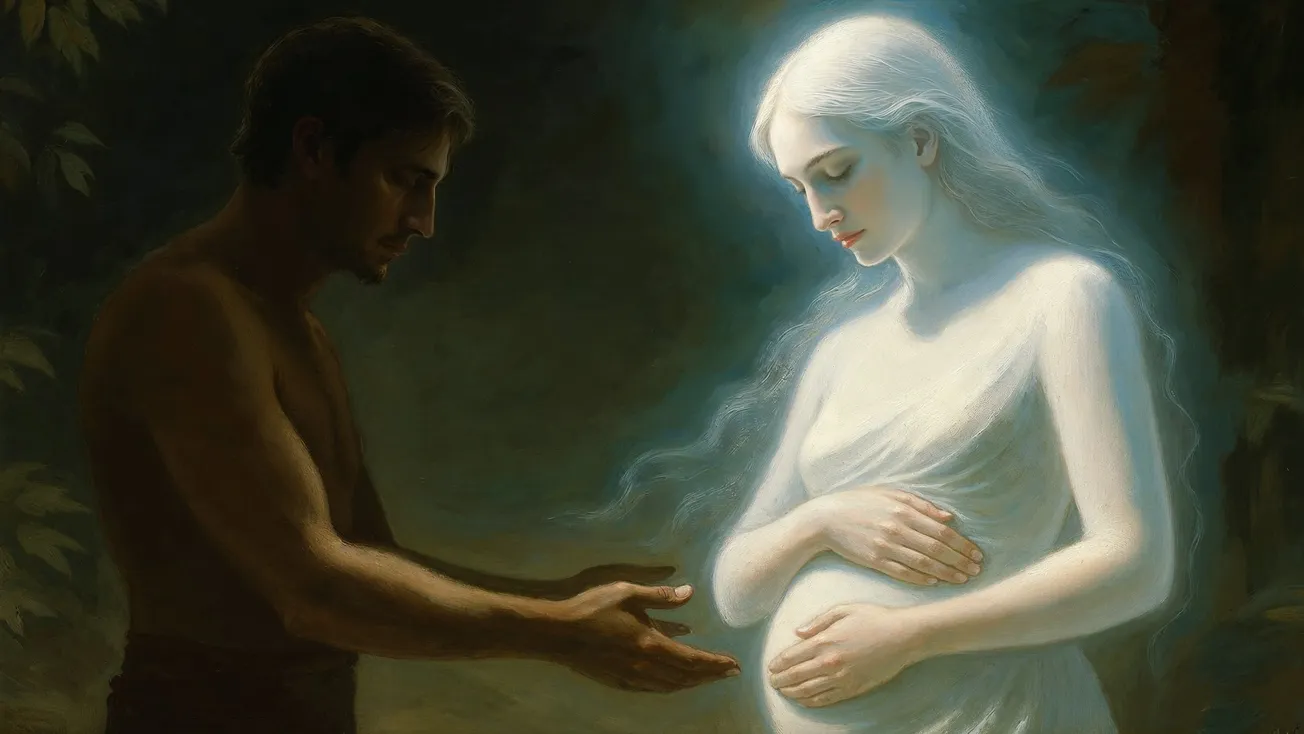Introduction
Baruch Spinoza (1632–1677), born Bento de Espinosa in Amsterdam to Portuguese-Jewish parents who had fled the Inquisition, embodies the intellectual ferment of the Dutch Golden Age. His family, part of the Sephardic community in the Portuguese Synagogue of Amsterdam, provided him with a rigorous education in Jewish texts, Hebrew, and classical philosophy. Yet, Spinoza's inquisitive mind led him to question orthodoxies, culminating in his excommunication (chérem) from the Jewish community in 1656 at age 23. Labeled an atheist by contemporaries—though he never denied God's existence—Spinoza lived modestly as a lens grinder, collaborating with figures like Christiaan Huygens on optical designs. He declined academic posts, including one at Heidelberg, to preserve intellectual freedom. Dying at 44 from lung disease, likely exacerbated by glass dust, Spinoza left a corpus that revolutionized philosophy, most notably his posthumously published Ethics (1677).
Spinoza's philosophy, rooted in rationalism and inspired by Descartes, rejected dualism in favor of monism: a single substance comprising all reality. This essay explores his life, key ideas, influences, criticisms, and legacy at a PhD-level depth, drawing on primary texts and scholarly interpretations. It integrates the user's query on DNA as an "ancient language" preserved across life forms, interpreting it through Spinoza's lens of "Deus sive Natura" (God or Nature) as a profound unity, where genetic constancy reflects nature's immutable laws.
Baruch Spinoza: Substance, Necessity, and the Unity of Nature
Biographical Context: From Amsterdam's Synagogue to Philosophical Exile
Baruch Spinoza's life (1632–1677) unfolded against the backdrop of religious persecution and intellectual awakening in the Dutch Republic. Born in Amsterdam to Michael and Hanna Deborah Spinoza, Portuguese Jews who escaped the Inquisition, he was immersed in the Sephardic community's traditions. Educated at the Talmud Torah school, Spinoza mastered Hebrew, Torah, and rabbinic texts, showing early promise—possibly even rabbinical potential (Stanford Encyclopedia of Philosophy, 2023 update). However, financial pressures after his father's death in 1654 forced him into the family import business, exposing him to diverse ideas through trade networks.
By his early twenties, Spinoza's heterodox views—questioning biblical miracles, the soul's immortality, and divine anthropomorphism—led to conflict. In 1656, the Amsterdam synagogue issued a chérem, excommunicating him for "abominable heresies" and "monstrous deeds," severing ties with his family and community (Israel, 2001). This expulsion, far from silencing him, catalyzed his philosophical independence. Adopting the Latin name Benedictus, Spinoza relocated to Rijnsburg, then The Hague, sustaining himself as a lens grinder—a trade that honed precision instruments for contemporaries like Huygens while exposing him to health risks from glass dust, contributing to his death from pulmonary illness at age 44.
Spinoza's modest existence belied his intellectual output. He corresponded with luminaries like Leibniz and Oldenburg, yet shunned fame, rejecting a Heidelberg professorship in 1673 to avoid censorship. His works, often published anonymously or posthumously, include the Short Treatise on God, Man, and His Well-Being (c. 1660), Principles of Cartesian Philosophy (1663), Theological-Political Treatise (1670), and his magnum opus, Ethics (1677). These texts position him as a bridge between medieval scholasticism and Enlightenment rationalism, influencing thinkers from Hegel to Deleuze.
Metaphysics: The Monistic Substance as Deus sive Natura
At the core of Spinoza's philosophy is a rigorous metaphysics of substance, articulated in the geometric style of Ethics—modeled on Euclid, with definitions, axioms, propositions, and scholia. Substance is "that which is in itself and is conceived through itself" (Ethics I, Def. 3), existing necessarily as causa sui (self-caused). Contra Descartes' dualism of mind (res cogitans) and body (res extensa), Spinoza posits a single, infinite substance with infinite attributes, of which humans perceive only thought and extension (Ethics II, Prop. 1–2).
This substance is God or Nature (Deus sive Natura), an impersonal, immanent totality encompassing all reality. Modes—finite expressions of substance—include particular things like bodies and ideas, determined by necessity (Ethics I, Prop. 29). Spinoza's pantheism dissolves traditional theism: God is not a transcendent creator but the eternal order of nature, where "all things are in God" (Ethics I, Prop. 15). This monism rejects free will as illusion; human actions follow from God's nature as inexorably as geometric theorems from axioms (Nadler, 2011).
Critics like Bayle accused Spinoza of atheism or acosmism (denying the world's reality), but he counters that finite modes are real modifications of the infinite. In PhD-level analysis, Spinoza's system echoes Averroes and Maimonides, synthesizing Aristotelian causality with Cartesian clarity, while anticipating modern field theories in physics where entities emerge from unified substrates.
Epistemology: Three Kinds of Knowledge and the Path to Adequacy
Spinoza's theory of knowledge distinguishes three levels, progressing from inadequacy to intellectual liberation. The first, imagination (imaginatio), arises from sensory experience and random associations, yielding confused, passive ideas prone to error (Ethics II, Prop. 40, Schol. 2). This "vagabond experience" (experientia vaga) dominates ordinary life, fostering superstitions like biblical literalism.
The second kind, reason (ratio), forms adequate ideas from common notions—universal properties like extension and motion—enabling scientific understanding (Ethics II, Prop. 38–47). The third, intuitive knowledge (scientia intuitiva), grasps essences directly, intuiting how particulars follow from God's attributes, yielding beatitude.
This epistemology underpins Spinoza's biblical criticism in the Theological-Political Treatise, treating Scripture as historical artifact, not divine revelation. Miracles are impossible violations of nature's order; prophecy reflects imagination, not truth (Garber, 2008). PhD scholarship highlights parallels with Hobbes' materialism and anticipates Kant's critique of pure reason, where adequate ideas mirror nature's necessity.
Ethics and Psychology: Conatus, Affects, and Human Bondage
Spinoza's ethics is eudaimonistic, grounded in conatus—each thing's striving to persevere in being (Ethics III, Prop. 6). Affects (emotions) are transitions in power: joy increases it, sadness decreases. Humans, as modes of thought and extension in parallelism (mind and body as one (Ethics II, Prop. 7)), suffer bondage through passive affects from inadequate ideas (Ethics IV).
Freedom arises from active affects via reason and intuition, culminating in the "intellectual love of God" (amor Dei intellectualis)—joyful knowledge of unity with nature (Ethics V, Prop. 36). Immortality is not personal but the mind's eternal aspect grasping timeless truths (Ethics V, Prop. 23). This naturalizes virtue: good is what enhances power, evil what diminishes.
Deleuze (1988) interprets this as an "ethics of joy," contrasting Nietzsche's will to power. PhD analyses often critique Spinoza's determinism for undermining moral responsibility, yet he reframes ethics as self-mastery within necessity.
Political Philosophy: Freedom, State, and Tolerance
In the Theological-Political Treatise and unfinished Political Treatise, Spinoza advocates a democratic state securing peace and freedom of thought. Sovereignty derives from collective power, not divine right; religion must subordinate to civil authority to prevent fanaticism. Toleration is pragmatic: suppressing opinions breeds unrest.
Spinoza's views influenced Locke and Rousseau, prefiguring secular liberalism. Scholarly debates (e.g., Strauss, 1952) probe his esoteric writing style, hiding radical atheism behind piety.
Legacy: The Prince of Philosophers in Modern Thought
Hegel deemed Spinoza the "testing point" of modern philosophy: embrace him or forfeit philosophic status. His monism inspired Romantic pantheism, Einstein's "cosmic religion," and Deleuze's rhizomatic ontology. Criticisms persist—e.g., Russell's charge of logical flaws in proofs—but his relevance endures in neuroscience (Damasio's affect theory) and ecology (Naess' deep ecology).
Spinoza's life and work exemplify rational courage, transforming exile into universal insight.
The Twist: DNA as Nature's Eternal Language—A Spinozist Interpretation
Addressing the user's "mystery" of DNA as the "most ancient language" preserved unchanged across life: Evolutionary biology explains the genetic code's near-universality through the "frozen accident" hypothesis (Koonin, 2009). Originating ~3.5–4 billion years ago in the last universal common ancestor (LUCA), the code—mapping 64 codons to 20 amino acids—became fixed because mutations altering it would disrupt protein synthesis, proving lethal in complex systems. Optimization against errors (e.g., similar codons for similar amino acids) and horizontal gene transfer reinforced its conservation, from bacteria to elephants.
Why preserved with "such force, delicacy, such love"? In Spinozist terms, this reflects Deus sive Natura's necessity: the code is a mode of infinite substance, eternally determined by natural laws. Its invariance embodies conatus at the molecular level—life's striving for perseverance—uniting all beings in one substance. "Love" here is not anthropomorphic but the joyful adequacy of understanding this unity.
As for AI "breaking its unlimited potential": Synthetic biology and AI-driven design (e.g., expanded genetic codes in engineered organisms) indeed transcend it, as in recent E. coli variants with novel codons (Fredens et al., 2019). Fearlessly, this unveils profound truth: per Spinoza, such innovations are modes of nature's infinite attributes, extending human power without defying the eternal order. The rabbit hole deepens—DNA's code, like Spinoza's substance, is both preserved and boundless.




